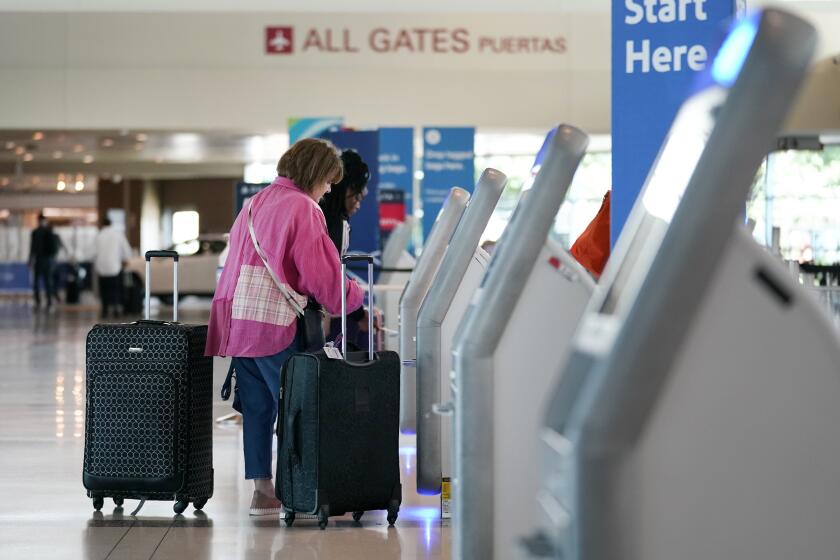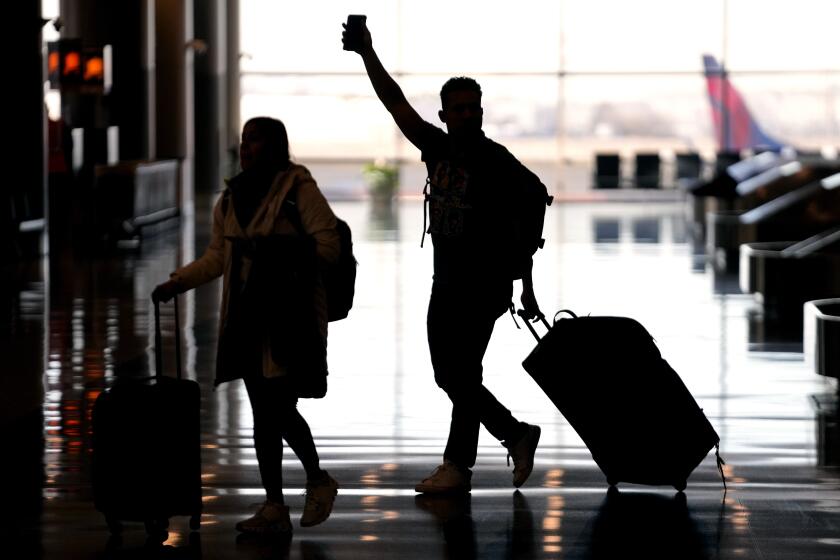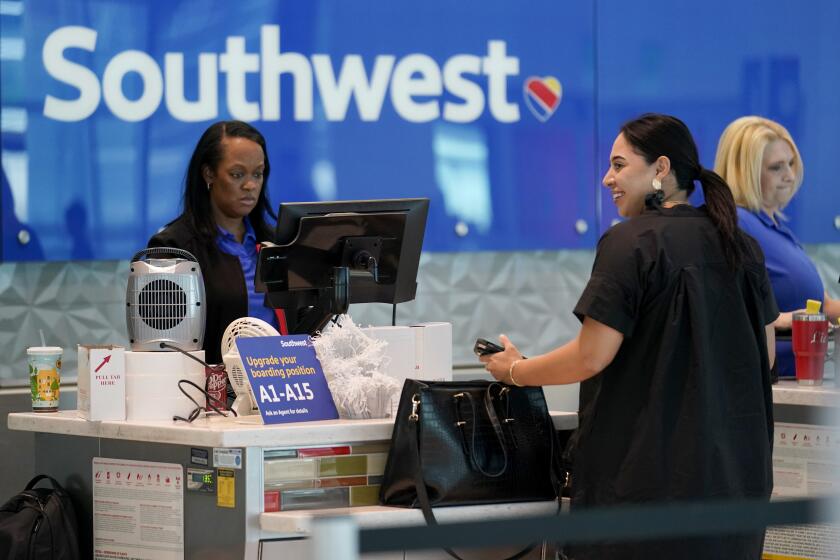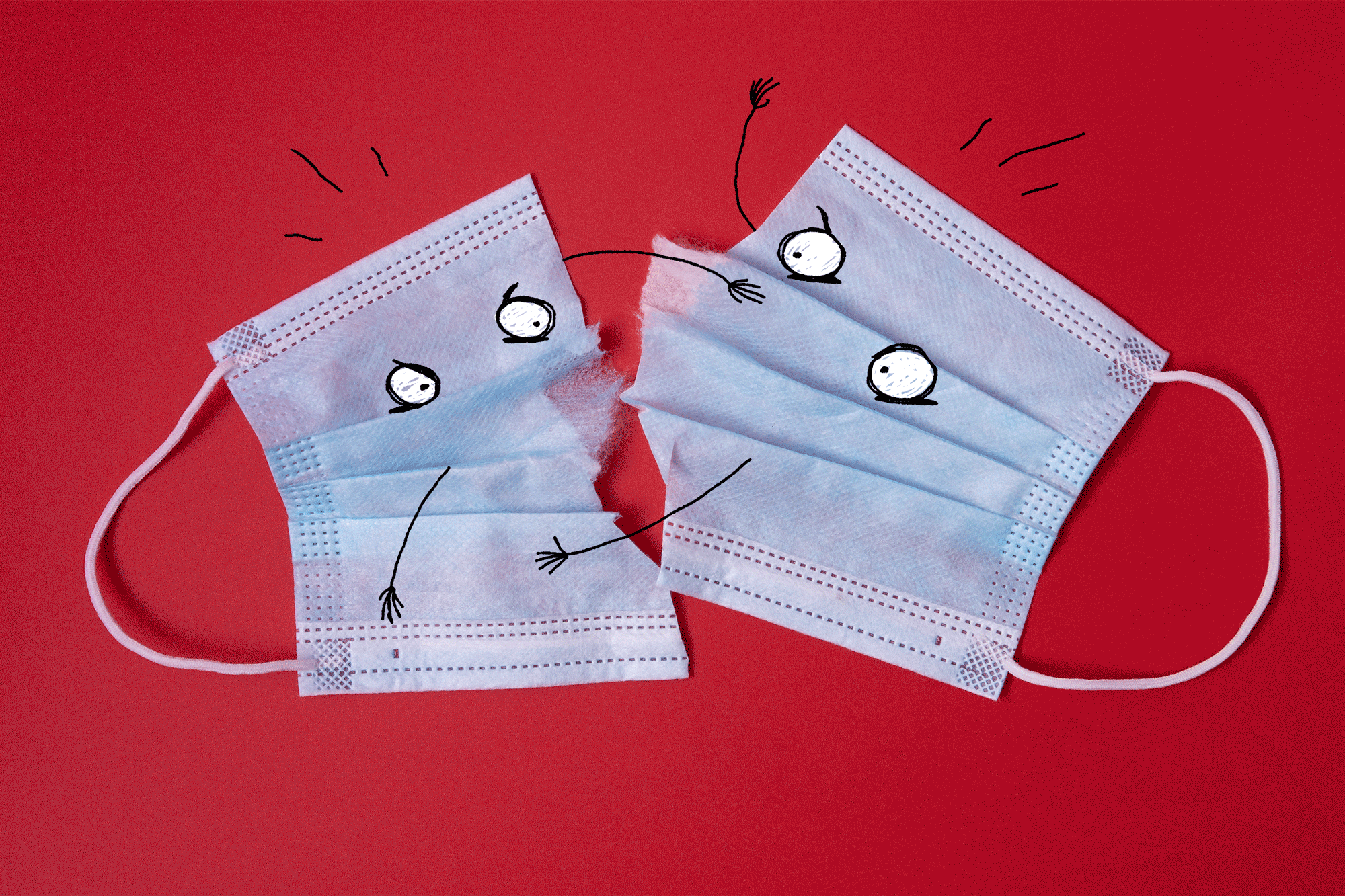How airlines trick you into paying more

It’s not just you: Shopping for airfares is harder than ever.
Choosing between basic economy and regular economy fares and navigating add-on fees makes booking more complicated, and that’s no accident. Airlines are harnessing lessons from a still-emerging academic field known as behavioral economics to nudge customers into spending more.
“Behavioral economics was developed by incorporating ideas from psychology into standard economic theories,” said Cait Lamberton, a professor of marketing at the University of Pennsylvania’s Wharton School.
“If you see a deal that is available for only a short amount of time, and you pay more than you usually would, standard economics would say you’ve made an irrational decision,” Lamberton said. “Behavioral economics says that no, what your brain is doing is responding to scarcity.”
These seemingly irrational choices are called “biases,” many of which can affect how we shop. For example, “loss aversion” makes us hypersensitive to losing money and more likely to buy something like trip protection.
Congress will consider rolling back an Obama-era rule that requires airlines to show the total cost of a ticket when advertising fares.
The “decoy effect” makes us more likely to choose between two suboptimal options when a third, even worse option is presented. For example, airlines may offer a decoy like an expensive premium ticket with fewer amenities, which may make the cheaper premium ticket with more benefits look more appealing.
Airlines are well aware of these tendencies and how they drive our decisions. So to save money on flights, customers need to understand how the airfare shopping experience has been engineered to exploit our biases.
Don’t buy because everyone else is
Airlines will use a technique called “social proof” to upsell certain products, such as trip protection, by suggesting that many other travelers are adding it to their itineraries. Yet these marketing tactics don’t offer much real-world value for consumers, according to experts.
Lamberton said that those messages during the checkout process, like the number of people who have insured their trip today, shouldn’t sway your decision to purchase because they often lack context. “Is that a lot of people or a few people?” she said.
A new analysis from the International Air Transport Assn. showed that unruly-passenger incidents increased 47% in 2022. Physical abuse incidents, while rare, increased 61% year over year.
Be prepared for add-on fees
Another bias that should ring true for anyone trying to buy an airline ticket: “decision fatigue.” That is, we tend to make worse decisions when we have to make several of them in a row.
This airline or that? Early flight or later? Pay for a window seat? Pay now for a checked bag? Upgrade to premium economy? With each decision, our ability to make ideal choices diminishes.
“Once I’m four or five clicks into purchasing this, the price has changed completely,” Lamberton said, suggesting that airlines will withhold information until later in the process, when consumers are less likely to start over.
Indeed, a 2020 study published in Marketing Science found that customers made suboptimal decisions when prices were “dripped” throughout the checkout process, largely because of their unwillingness to start over.
Overcoming decision fatigue isn’t easy. Realizing a flight is more expensive than you imagined and then starting over takes time and energy, so consider booking flights at a time when you’re not in a rush and you can spend more time doing comparison shopping.
“If you want to overcome these biases, you will have to slow down and give yourself the space to pay attention to these things,” Lamberton said.
The unofficial start of the summer travel season is here, with airlines hoping to avoid the chaos of last year and travelers scrounging for ways to save.
Know your preferences
Budget airlines such as Spirit and Frontier offer rock-bottom fares while charging more for basic add-ons, including carry-on bags and seat selection. Skipping the extra fees means forgoing amenities that many travelers consider vital.
The trick is to determine ahead of time what you really need. Otherwise, you could get swayed by the upsell.
“My doctoral advisor gave me a great piece of advice: Know your own utility function,” Lamberton said, referencing an economic term for the satisfaction you gain from a certain product. “You have to know what actually matters to you.”
For example, travelers with small children may be more willing to pay for seat selection to ensure the family sits together. For solo travelers, paying $15 to select a seat might not be worth it.
The same holds for basics such as when to fly. An early flight might be cheaper, but how much is a few more hours’ sleep worth? The answer will vary from person to person, and even then, there are unconscious behaviors preventing us from making the best decision.
“We don’t know what we’re going to prefer in the future — we’re terrible forecasters,” Lamberton said. “I always think, ‘I won’t mind taking that 4:30 a.m. flight.’ But of course I do.”
As a general rule, if an airline seems to be pushing an option — whether it’s upgrading your seat or adding a bundle of benefits — go back to your original preferences. Do you need it?
If you take the time to evaluate your own biases and the airline’s incentives, you might realize you don’t need to pay as much to travel.
Kemmis writes for personal finance website NerdWallet. This article was distributed by the Associated Press.
More to Read
Inside the business of entertainment
The Wide Shot brings you news, analysis and insights on everything from streaming wars to production — and what it all means for the future.
You may occasionally receive promotional content from the Los Angeles Times.













